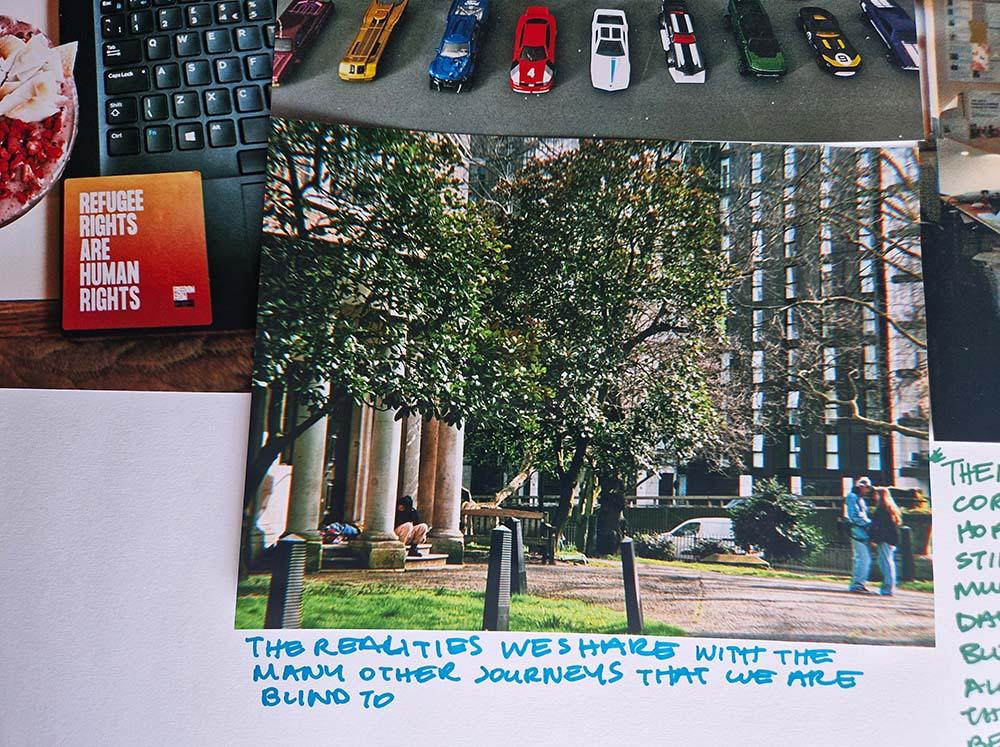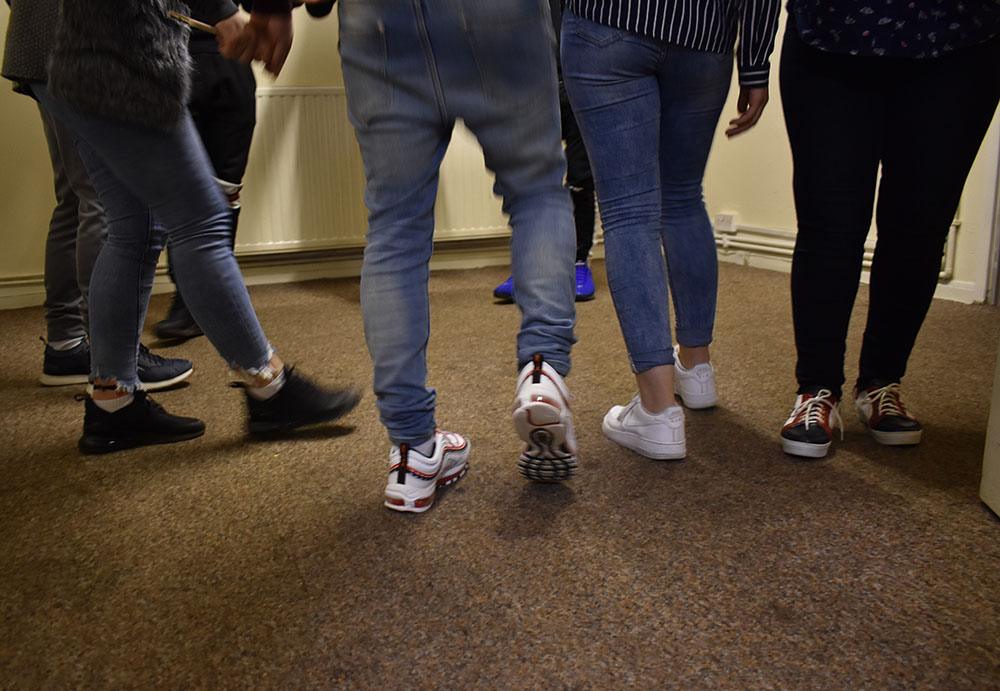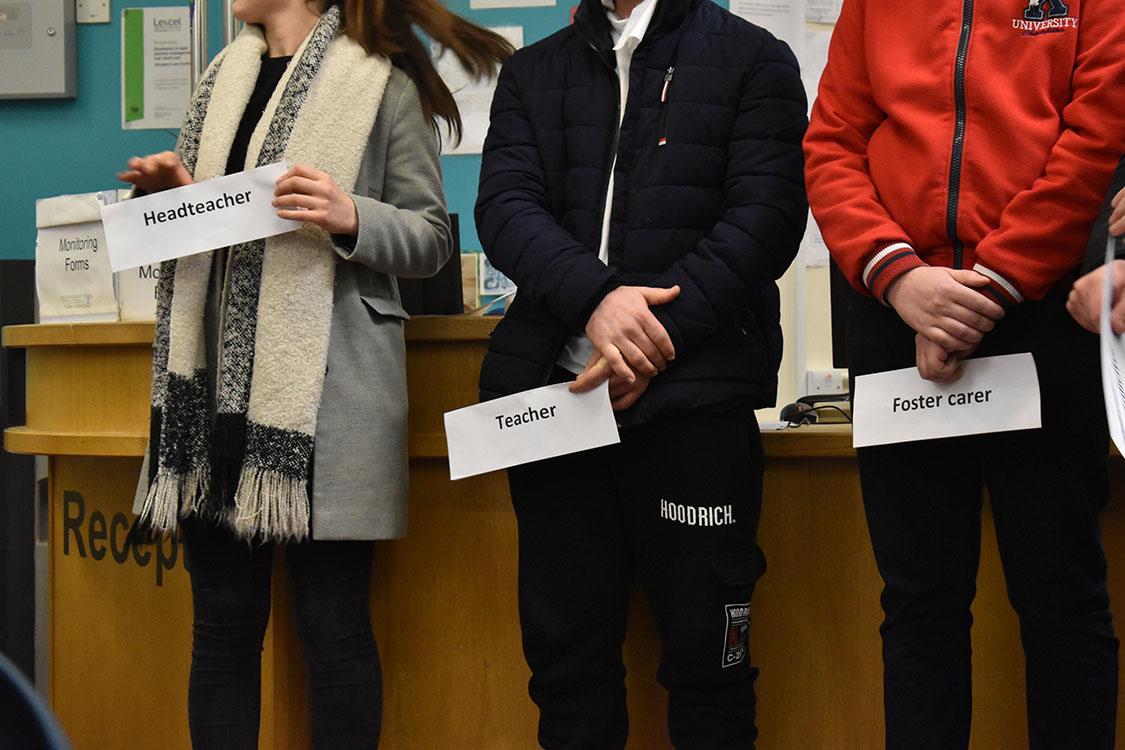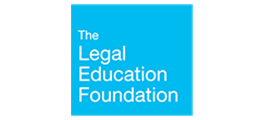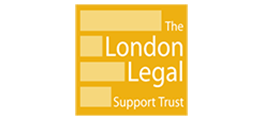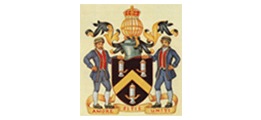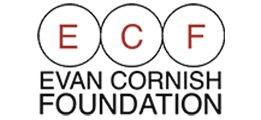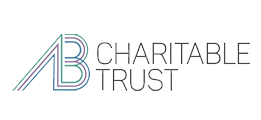Breaking the Chains
Breaking the Chains is a unique and ground-breaking project designed to meet the specific needs of asylum-seeking children and young people by providing a holistic legal representation and advice service which is child-centred and child-friendly.
The project seeks to advise, educate, empower and engage children and young people in the asylum process alongside professionals from both legal and non-legal sectors. It aims to improve the outcomes (both legally and socially) for asylum seeking children and young people, especially those who are most vulnerable or from marginalised communities.
Breaking the Chains was created in 2018 in response to consultation with Albanian children and young people, and the grassroots agencies supporting them. MiCLU have formally partnered with Shpresa Programme, a user-led organisation working with the Albanian community, to work with Albanian asylum-seeking children.
“My solicitor said there are no merits but you can pay me.”
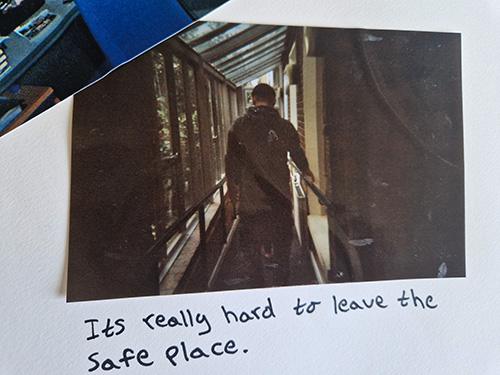 The hostile environment has resulted in a climate of disbelief where the starting point is to doubt the narratives of children and young people in the asylum system. The Albanian asylum-seeking community however face additional prejudice and disbelief.
The hostile environment has resulted in a climate of disbelief where the starting point is to doubt the narratives of children and young people in the asylum system. The Albanian asylum-seeking community however face additional prejudice and disbelief.
Albania has a long history of clan violence, blood feuds and revenge killings, as well as political instability. Domestic violence, so-called ‘honour-based’ violence, gender-based violence and child-specific persecution are also significant issues. Albania is also a source country for one of the largest groups of trafficked women and children to reach the UK’s shores, and is consistently in the top 5 or 6 child asylum applicant producing countries in relation to child asylum seekers in the UK. Unaccompanied asylum-seeking children from Albania, who have been trafficked or who are fleeing threats or violence, arrive in the UK each year, destitute, exhausted and traumatised. However the government’s approach to Albanian children and young people’s asylum claims does not accord with the reality on the ground in Albania: these very vulnerable young people have a less than 0.5% chance of securing protection from the Home Office when they seek asylum in the UK.
“My solicitor sent letters to the Home Office and never gave me copies. I have no idea what she said.”
 Those working on the ground with Albanian teenagers across London testify to increasing rates of self-harm and suicide attempts as children and young people, already subject to past trauma, lose faith in the justice system and struggle to cope with the pervasive assumption that they are liars and the near certain refusal of their asylum application. Once they receive their refusal from the Home Office, these children and young people frequently disappear into modern slavery, becoming victims of traffickers and organised crime. The relationship of co-operation between the Albanian and UK government also means that there is a higher risk of children and young people being removed to Albania if their cases are not presented properly.
Those working on the ground with Albanian teenagers across London testify to increasing rates of self-harm and suicide attempts as children and young people, already subject to past trauma, lose faith in the justice system and struggle to cope with the pervasive assumption that they are liars and the near certain refusal of their asylum application. Once they receive their refusal from the Home Office, these children and young people frequently disappear into modern slavery, becoming victims of traffickers and organised crime. The relationship of co-operation between the Albanian and UK government also means that there is a higher risk of children and young people being removed to Albania if their cases are not presented properly.
As a result of these circumstances, services designed for Albanian children and young people are strategically important as they not only increase the likelihood of them obtaining positive outcomes but also provide a model of support and advocacy for changes that could protect other nationality groups.
“I was worried about leaving my foster carer and going to live with people I didn’t know. My social worker said: If you don’t like it you can sleep in the park.”
The project is founded on partnership working between MiCLU and Shpresa Programme and consists of a 5 point approach to providing specialist advice and support to the most vulnerable asylum seeking children in the UK:
- Support and identification
- Expert triage and prioritisation for acute casework service
- Acute child-centred casework service
- General engagement and empowerment programme including provision of child-friendly information
- Immigration Champions ‘Voice of the Child’ engagement and empowerment programme
“My previous solicitor said no blood feud cases ever win. My next solicitor won my blood feud case.”
Breaking the Chains models a proactive and interactive approach to protecting the rights, dignity and sometimes the very lives of some of the most vulnerable children and young people in the UK. With its emphasis on peer support and listening to and working with children and young people we hope to replicate the programme and share its learning with other communities and across the legal and social work sectors in the future.
Please contact Anna Skehan at annas@islingtonlaw.org.uk or Esme Madill at esmem@islingtonlaw.org.uk if you have any questions about the project. Check out the below resources, including our toolkit for legal representatives running asylum cases involving young Albanian asylum seekers, and keep an eye out for events featuring Breaking the Chains immigration champions.
Evaluations
Explore the achievements of our successful our Breaking the Chains programme in these extensive reports.
2023/2024
We are excited to release our Breaking the Chains project evaluation report for the year 2023/24 which offers detailed analysis of a ground-breaking project designed to improve the legal and social outcomes of young Albanian-speaking asylum seekers in the UK.
Articles on Breaking the Chains
Snapshots of reality
Young people on our Breaking the Chains project used 35mm film disposable cameras to capture their lives as part of the project evaluation. The young asylum seekers captured some beautiful images which they combined with text to create collages showing their lives and daily struggles to find protection and to
Is Albania a safe country?
What motivates people to seek asylum in the UK is the frequent focus of discussion around cross-channel migration but is not always well understood. In recent years and especially following a sudden peak in the numbers crossing by boat, Albanian asylum seekers have been increasingly vilified in the media
Giving evidence about the stories behind the headlines
What was behind the increased numbers of Albanians we saw arriving in the UK by boat last year? Are they all exploiting the asylum and modern slavery systems? And is the government’s much-vaunted commitment to speedily return all such arrivals likely to be effective, or even legal? These questions were
Home Office asylum delays worse for unaccompanied children since 2015 with Albanian children most affected
The Home Office has taken significantly longer to process the asylum applications of unaccompanied children than for adults since 2015, new data shows. Information provided in response to a Freedom of Information request reveals a significant and protracted disparity between the average length of time taken to
FACT CHECK: Albanian boat arrivals
Breaking the Chains is a unique project designed to meet the specific needs of asylum-seeking children and young people from Albania, as one of the most marginalised communities of asylum seekers, by providing a holistic legal representation and advice service which is child-centred and child-friendly. Through the project we work
Breaking the Chains Celebration and Launch – 20 June 2022 (York)
Monday 20 June 2-6pm PBL Suite, LMB Building, University of York East Campus, York A celebration and launch of our Year 3 evaluation of the Breaking the Chains project plus materials created by young Immigration Champions to support and reach out to professionals and other young asylum seekers in their


